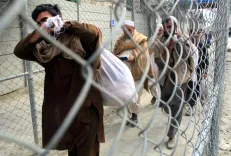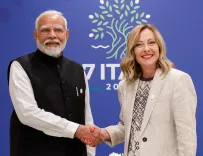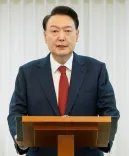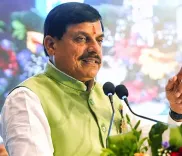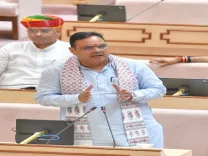Baltic Nations Achieve Synchronization of Power Grids with Europe
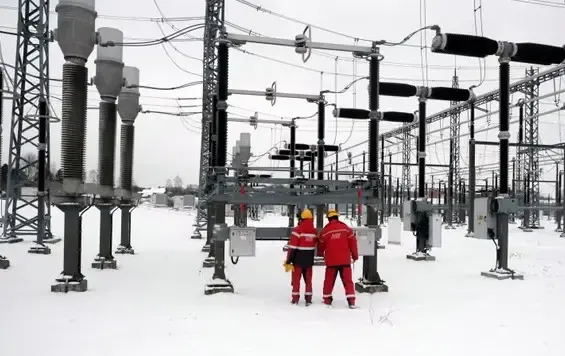
Synopsis
Key Takeaways
- The Baltic States are now linked with Western Europe.
- They have disconnected from the BRELL network.
- Investment in the project exceeds 1.6 billion euros.
- Completion was expedited due to geopolitical tensions.
- The move enhances energy security for the EU.
Vilnius, Feb 9 (NationPress) Lithuania, Latvia, and Estonia have successfully synchronized their power grids with Western Europe as of Sunday noon, according to media reports.
The trio of Baltic nations severed ties with the BRELL energy network—comprising Belarus, Russia, Estonia, Latvia, and Lithuania—on Saturday morning, operating in isolation until the synchronization.
They are now connected to the synchronous grid of Continental Europe (UCTE) through the Lithuanian-Polish electricity link, known as LitPol Link.
This development marks full independence for Estonia, Latvia, and Lithuania from the electricity systems of Russia and Belarus. The successful integration into the EU internal energy market is now a reality, allowing them to join the European continental network via Poland.
The synchronization empowers the Baltic States to manage their energy systems under unified and transparent European regulations.
This initiative not only enhances the overall energy supply security of the EU but also fosters the integration of renewable energy resources, ultimately providing consumers with reduced energy costs.
With the synchronization aligned with Western Europe, the three nations will independently regulate the frequency of their power grids while collaborating with other countries within the UCTE. They will also take charge of balancing their grids.
A total of over 1.6 billion euros ($1.65 billion) has been invested in this synchronization project throughout the Baltic States and Poland, with nearly 1.2 billion euros sourced from the EU's Energy Infrastructure Connections Facility, as reported by Lithuania's Energy Ministry.
The Baltic nations embarked on this project to link with UCTE in 2009, initially aiming for completion by early 2026.
However, in light of the Russia-Ukraine war that erupted in 2022, Latvia, Estonia, Lithuania, Poland, and the European Commission reached an agreement to accelerate the connection to February 2025. (1 euro = $1.03)


